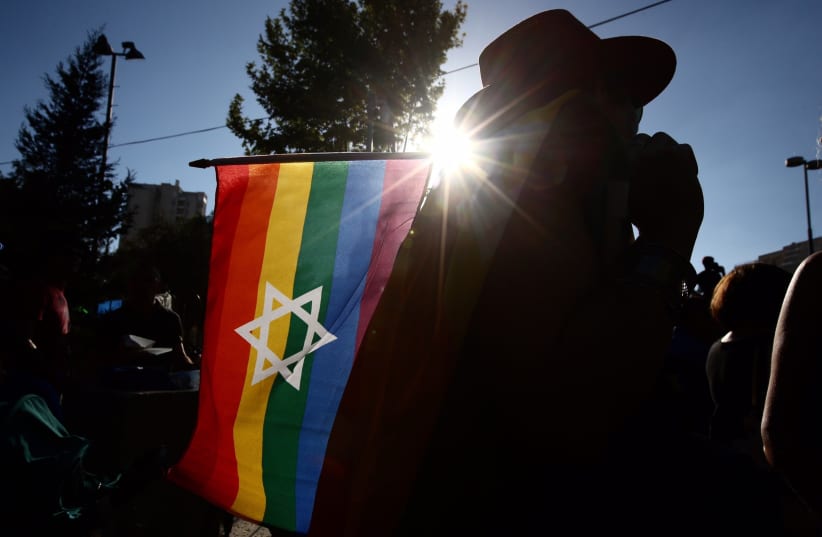Israelis more liberal on religion, views on equality more mixed - analysis
According to polling by the Hiddush organization, a religious pluralism advocacy organization, support for gay marriage has been steadily rising, with 78% of the Jewish public today supporting it.
